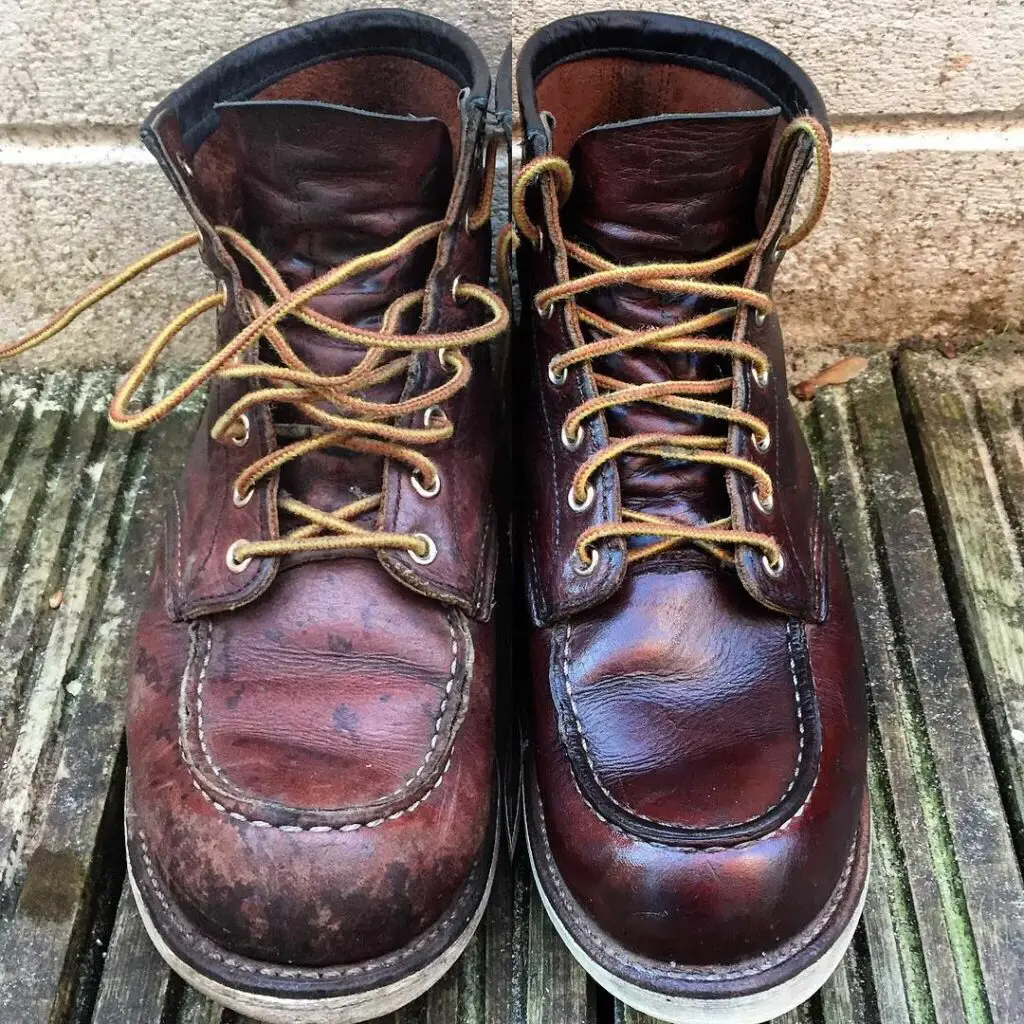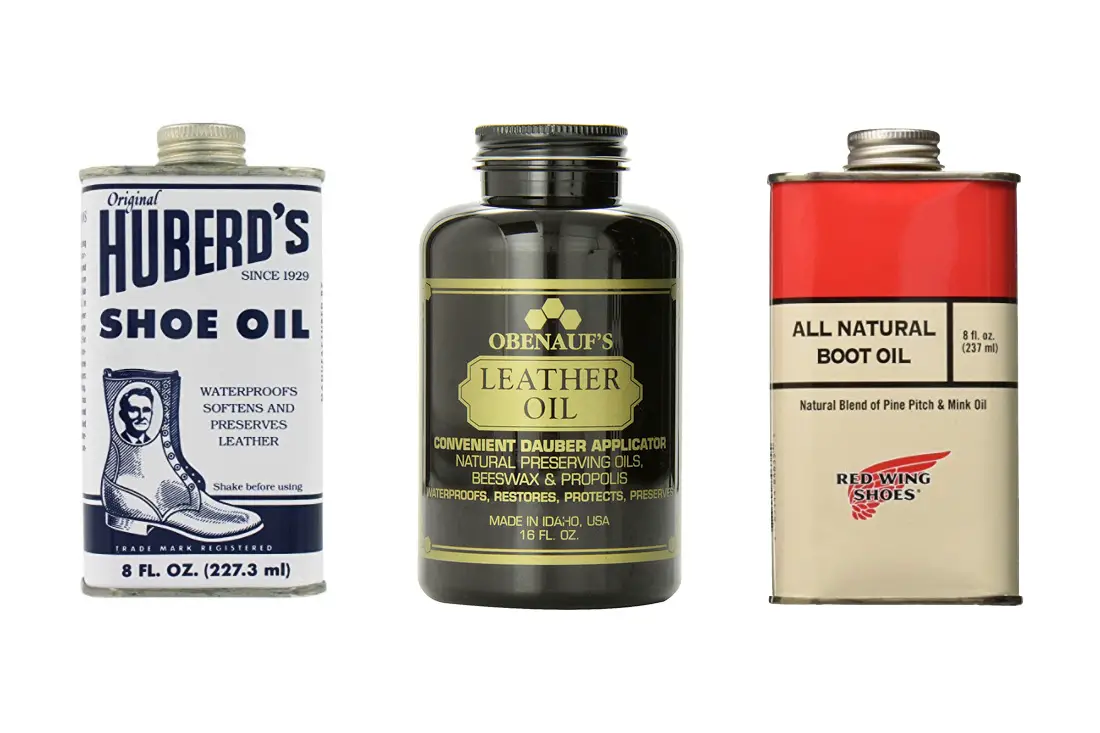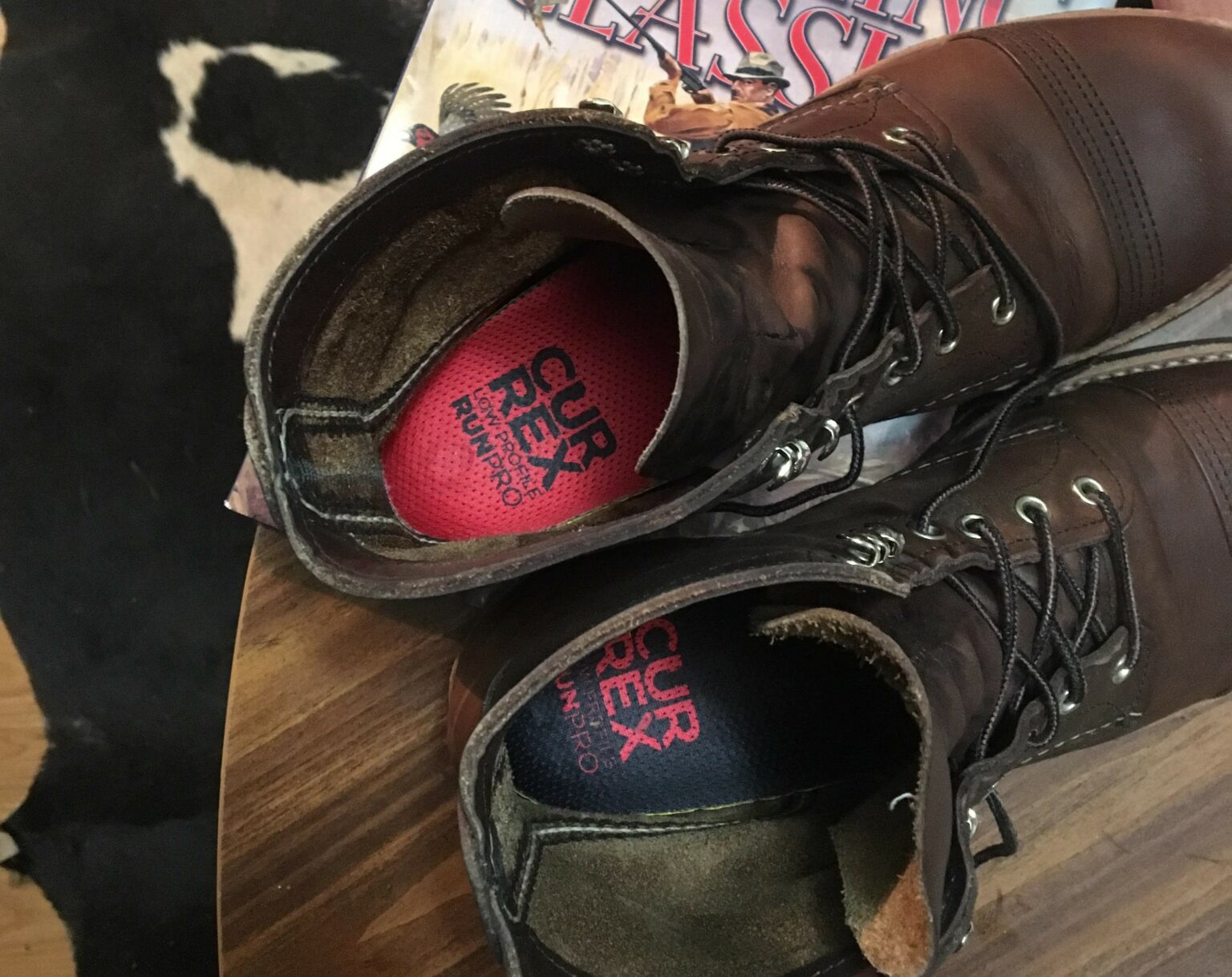Breaking in New Boots: The Ultimate Guide
Why Conditioning Matters for Your New Footwear
Breaking in new boots can be a daunting task, but it’s essential to get it right. One of the most critical steps in this process is conditioning. Conditioning new boots is vital to extend their lifespan, improve comfort, and enhance performance. By doing so, you can prevent cracking and drying, which can lead to costly repairs or even render the boots unusable. Moreover, conditioning helps to maintain the natural flexibility of the leather, ensuring that your boots remain supple and comfortable over time. Whether you’re a hiker, worker, or simply someone who appreciates quality footwear, conditioning your new boots is an essential step in getting the most out of your investment. So, should you oil new boots? The answer lies in understanding the importance of conditioning and the role of oiling in boot care.
The Role of Oiling in Boot Care
Oiling is a crucial aspect of boot care, serving multiple purposes to keep your boots in top condition. One of the primary functions of oiling is to waterproof the leather, protecting it from the elements and preventing water from seeping into the boots. Additionally, oiling helps to protect the leather from cracking and drying, which can lead to costly repairs or even render the boots unusable. Oiling also plays a vital role in maintaining the flexibility of the leather, ensuring that your boots remain supple and comfortable over time. By oiling your boots, you can prevent the leather from becoming brittle and stiff, which can be uncomfortable and even painful to wear. Furthermore, oiling can help to repel dirt and stains, making cleaning easier and more effective. So, should you oil new boots? The answer lies in understanding the importance of oiling in boot care and how it can benefit your boots.
How to Determine If Your New Boots Need Oiling
Before applying oil to your new boots, it’s essential to determine if they require oiling in the first place. The type of leather used in the boots is a critical factor in deciding whether to oil them. For instance, boots made from full-grain leather, top-grain leather, or suede typically benefit from oiling, while those made from synthetic materials or waterproof leather may not need it. Inspect your boots for signs of dryness or cracking, which can indicate the need for oiling. Check the leather for any cracks, scratches, or discoloration, and look for areas that feel dry or stiff to the touch. If you’re still unsure, consult the manufacturer’s instructions or contact their customer support for guidance. Remember, oiling is not a one-size-fits-all solution, and understanding the specific needs of your boots is crucial to getting the most out of this process. So, should you oil new boots? The answer depends on the type of leather and the condition of your boots.
The Benefits of Oiling New Boots
Oiling new boots offers a range of benefits that can enhance their performance, durability, and overall lifespan. One of the primary advantages of oiling is enhanced water resistance, which is particularly important for boots used in wet or humid conditions, such as hiking or working outdoors. Oiling also improves the durability of the leather, making it more resistant to scratches, cracks, and other forms of damage. Additionally, oiling can make cleaning easier, as it helps to repel dirt and stains, reducing the risk of discoloration or damage. Furthermore, oiling can improve the comfort and flexibility of the boots, making them feel softer and more supple on the feet. By oiling your new boots, you can enjoy a more comfortable and confident wear, whether you’re hiking through rugged terrain or working on a construction site. So, should you oil new boots? If you want to extend their lifespan, improve their performance, and enhance their overall quality, the answer is a resounding yes.
When to Hold Off on Oiling Your New Boots
While oiling can be beneficial for many types of boots, there are certain scenarios where it may not be necessary or even advisable. For instance, boots made from synthetic materials or waterproof leather may not require oiling, as they are already resistant to water and moisture. Additionally, boots with a waterproof coating or membrane, such as Gore-Tex or eVent, may not need oiling, as the coating provides sufficient protection against the elements. In some cases, oiling can even compromise the performance of these coatings, so it’s essential to check the manufacturer’s instructions before applying oil. Furthermore, over-oiling can lead to a range of problems, including a greasy appearance, attracting dirt and dust, and even damaging the leather. So, should you oil new boots? Not always – it’s crucial to consider the type of leather, the intended use, and the manufacturer’s recommendations before deciding whether to oil your new boots.
Choosing the Right Oil for Your New Boots
Selecting the right oil for your new boots is crucial to ensure optimal protection and conditioning. With so many options available, it can be overwhelming to choose the best one. However, by understanding the different types of oils and their properties, you can make an informed decision. Mink oil, for instance, is a popular choice for leather boots, as it provides excellent waterproofing and conditioning properties. Neatsfoot oil, on the other hand, is a good option for boots that require a high level of flexibility and suppleness. Silicone-based oils are also a popular choice, as they offer excellent water resistance and are often easier to apply than traditional oils. When choosing an oil, it’s essential to read the product label and understand the ingredients. Look for oils that are specifically designed for leather boots and avoid those that contain harsh chemicals or additives. Additionally, consider the intended use of the boots and the type of leather they are made of. By selecting the right oil, you can ensure that your boots receive the best possible care and protection. Should you oil new boots? If you want to extend their lifespan and keep them looking their best, the answer is yes – but only with the right oil.
Applying Oil to Your New Boots: A Step-by-Step Guide
Now that you’ve chosen the right oil for your new boots, it’s time to apply it. Proper application is crucial to ensure that the oil is absorbed evenly and effectively. Here’s a step-by-step guide to help you get it right:
Step 1: Prepare the Boots – Before applying oil, make sure the boots are clean and dry. Remove any dirt, dust, or debris using a soft-bristled brush or a clean cloth. This will ensure that the oil is absorbed evenly and doesn’t attract dirt or dust.
Step 2: Apply the Oil – Using a clean cloth or applicator, apply a small amount of oil to the boots. Start at the toe and work your way up, making sure to cover all surfaces evenly. Be careful not to over-oil, as this can lead to a greasy appearance and attract dirt and dust.
Step 3: Buff to a Finish – Once the oil has been applied, use a clean cloth to buff the boots to a finish. This will help to remove any excess oil and create a smooth, even finish.
By following these simple steps, you can ensure that your new boots receive the best possible care and protection. Remember, should you oil new boots? If you want to extend their lifespan and keep them looking their best, the answer is yes – and with the right oil and application technique, you can achieve just that.
Maintenance and Aftercare: Keeping Your Boots in Top Condition
Once you’ve oiled your new boots, it’s essential to maintain and care for them regularly to ensure they remain in top condition. Regular maintenance and aftercare can help extend the lifespan of your boots, keep them looking their best, and prevent damage.
Cleaning your boots regularly is crucial to remove dirt, dust, and debris that can accumulate and cause damage. Use a soft-bristled brush or a clean cloth to gently remove any dirt or debris. For tougher stains, use a mild soap and water solution, but avoid harsh chemicals or abrasive cleaners that can damage the leather.
In addition to cleaning, conditioning your boots regularly can help maintain their flexibility and prevent cracking. Use a leather conditioner or a waterproofing spray to keep the leather soft and supple. Apply the conditioner or spray evenly, making sure to cover all surfaces, and buff to a finish.
Proper storage is also essential to maintain the condition of your boots. Store them in a cool, dry place away from direct sunlight, and avoid stacking them on top of each other. Use shoe trees or stuff the boots with paper to maintain their shape and prevent creasing.
By following these simple maintenance and aftercare tips, you can ensure your boots remain in top condition and continue to perform well. Remember, should you oil new boots? If you want to extend their lifespan and keep them looking their best, the answer is yes – and with regular maintenance and aftercare, you can enjoy your boots for years to come.







